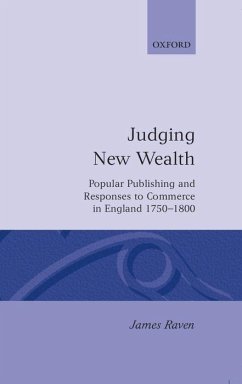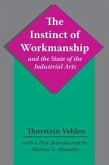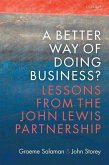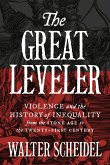This is a scholarly and stimulating study which makes important contributions to debates on the supposed decline of the British industrial spirit and on the growing self-confidence of the middle class. Judging New Wealth adds very greatly to our understanding of late eighteenth-century England and its cultural and business climate.
In this broad-ranging study, James Raven explores popular literature and the book trade in the second half of the eighteenth century. Based on intensive research into the production and sale of literature ranging from novels and magazines to courtesy books and fashionable tracts, the book examines the representation of the newly wealthy. Dr Raven challenges the recent and controversial notion that prejudice against the businessman was a late nineteenth-century phenomenon. He shows how, during a period of often bewildering change and instability, a competitive literature industry led reaction against excessive consumer spending, contributed to the definition of legitimate economic behaviour, and carried unprecedented attacks upon the social presumption of tradesman. This is a scholarly and stimulating study which makes important contributions to debates on the supposed decline of the British industrial spirit and on the growing self-confidence of the middle class. Judging New Wealth adds very greatly to our understanding of the cultural and business history of late eighteenth-century England.
Hinweis: Dieser Artikel kann nur an eine deutsche Lieferadresse ausgeliefert werden.
In this broad-ranging study, James Raven explores popular literature and the book trade in the second half of the eighteenth century. Based on intensive research into the production and sale of literature ranging from novels and magazines to courtesy books and fashionable tracts, the book examines the representation of the newly wealthy. Dr Raven challenges the recent and controversial notion that prejudice against the businessman was a late nineteenth-century phenomenon. He shows how, during a period of often bewildering change and instability, a competitive literature industry led reaction against excessive consumer spending, contributed to the definition of legitimate economic behaviour, and carried unprecedented attacks upon the social presumption of tradesman. This is a scholarly and stimulating study which makes important contributions to debates on the supposed decline of the British industrial spirit and on the growing self-confidence of the middle class. Judging New Wealth adds very greatly to our understanding of the cultural and business history of late eighteenth-century England.
Hinweis: Dieser Artikel kann nur an eine deutsche Lieferadresse ausgeliefert werden.








